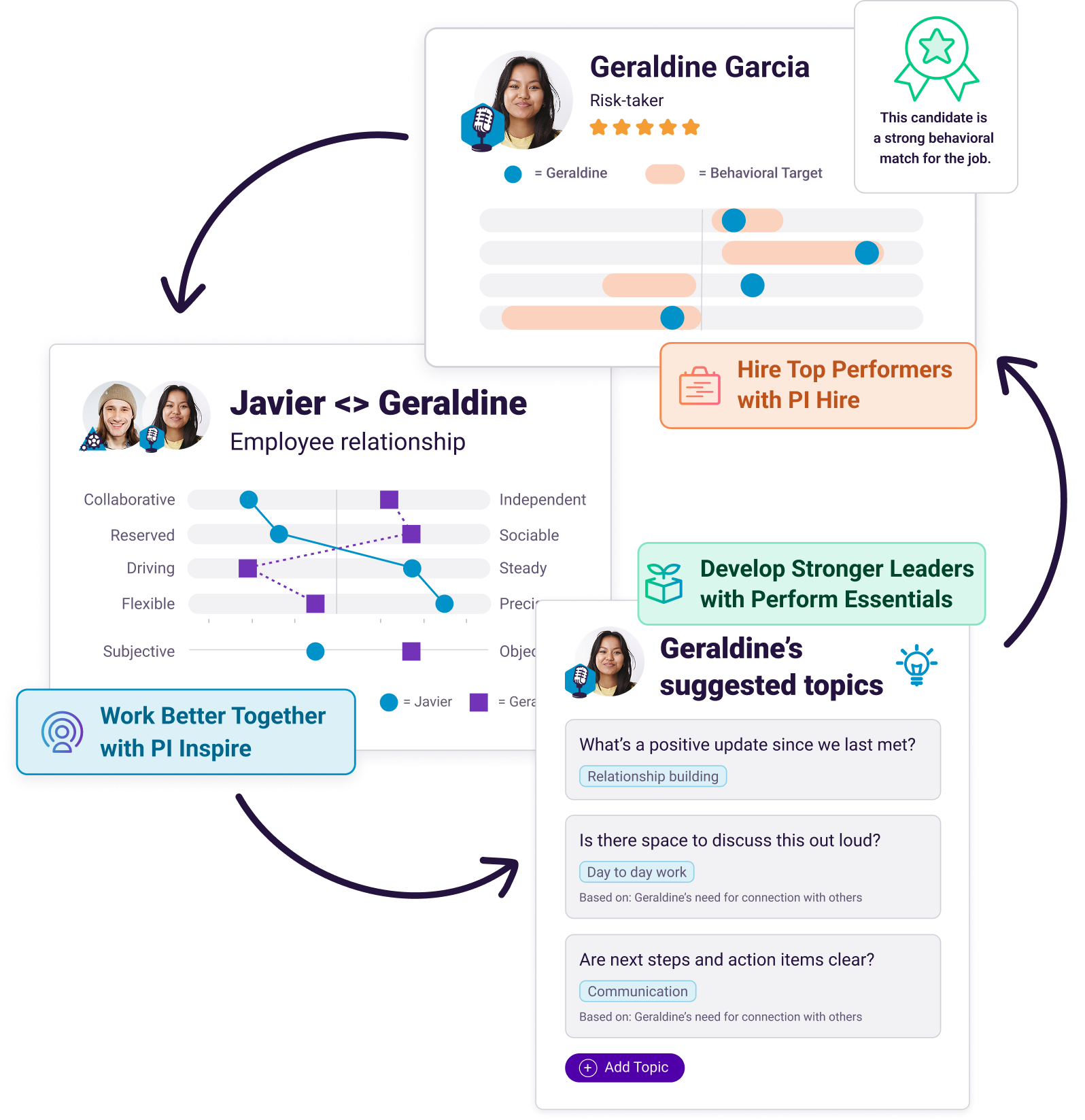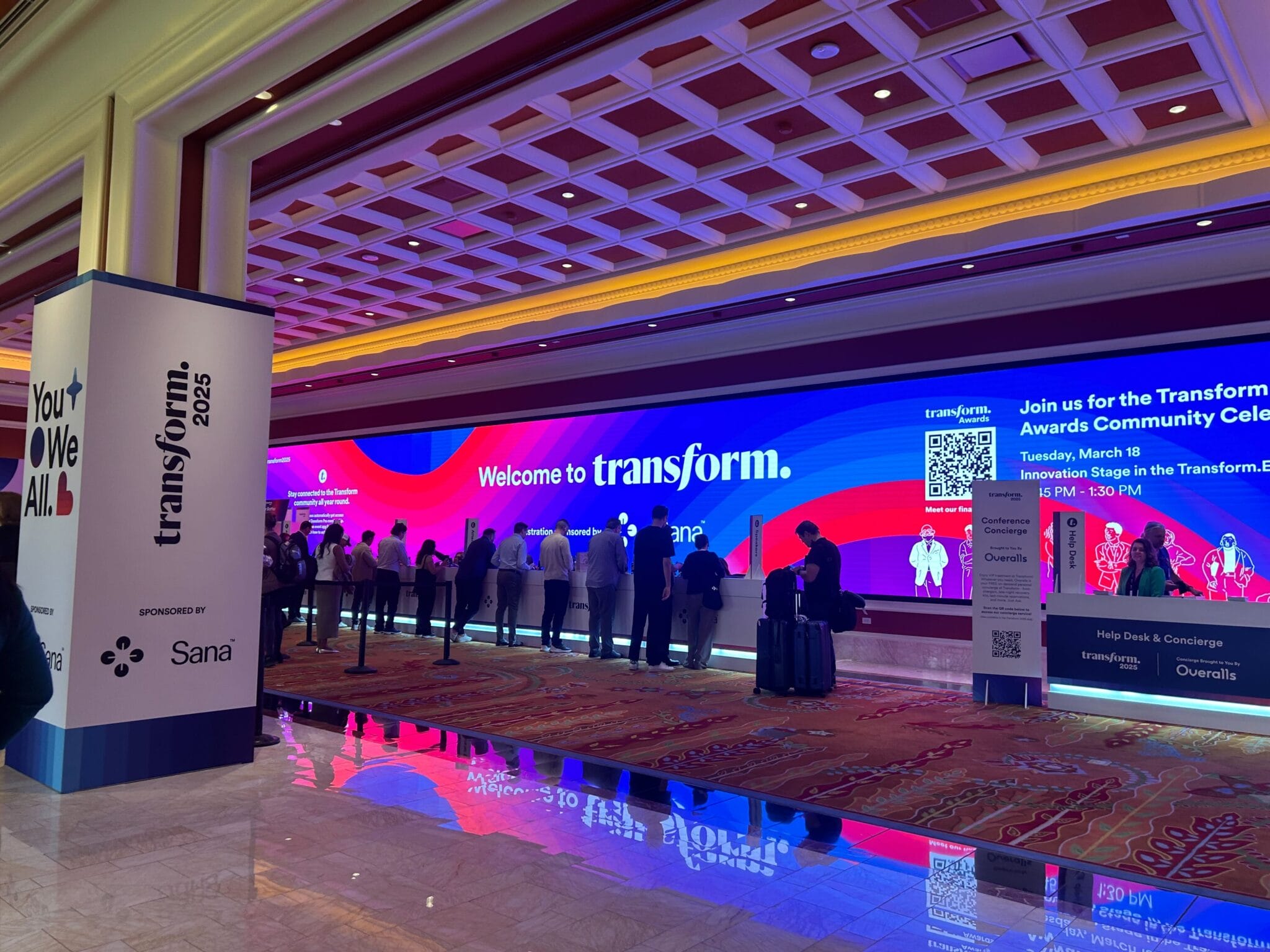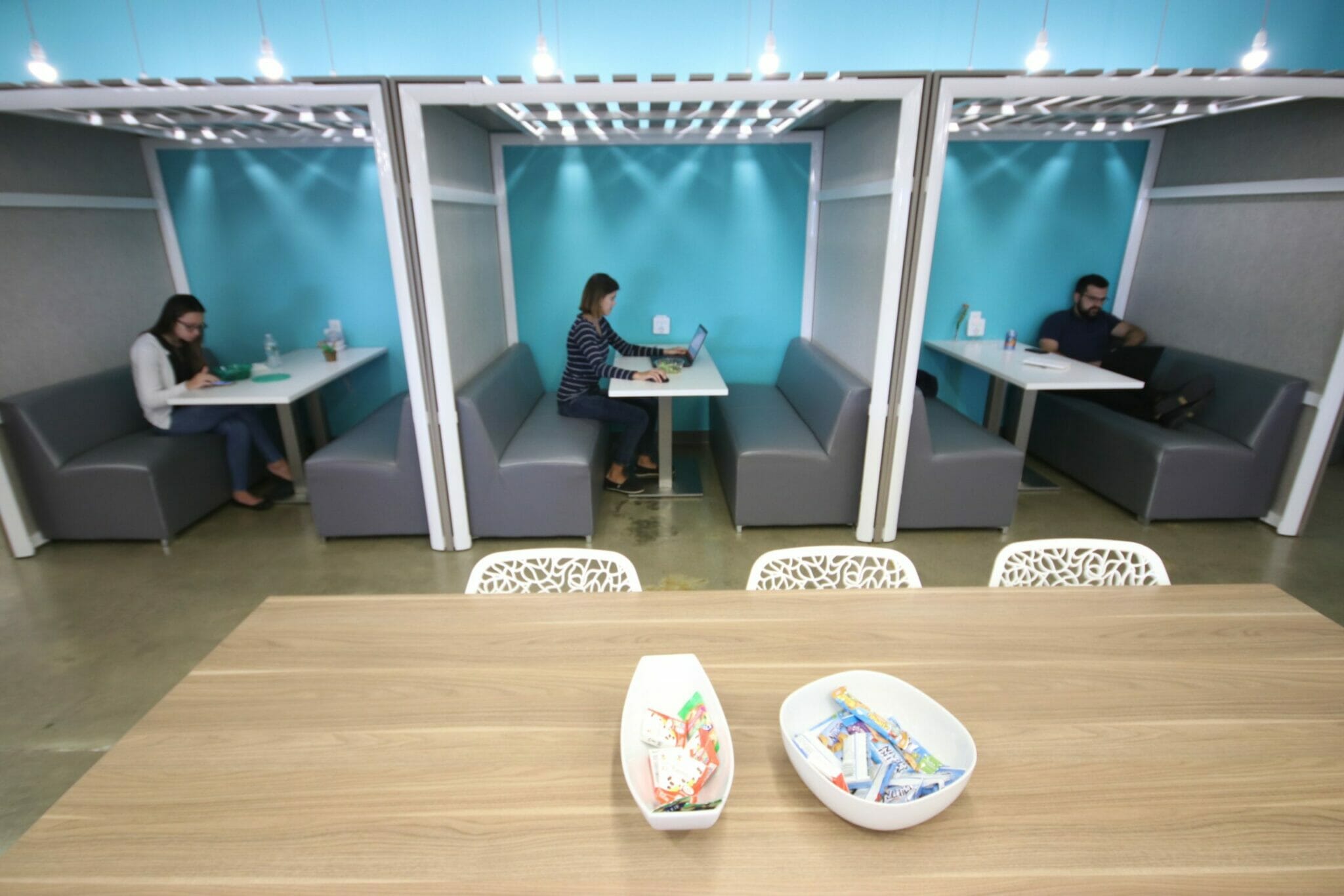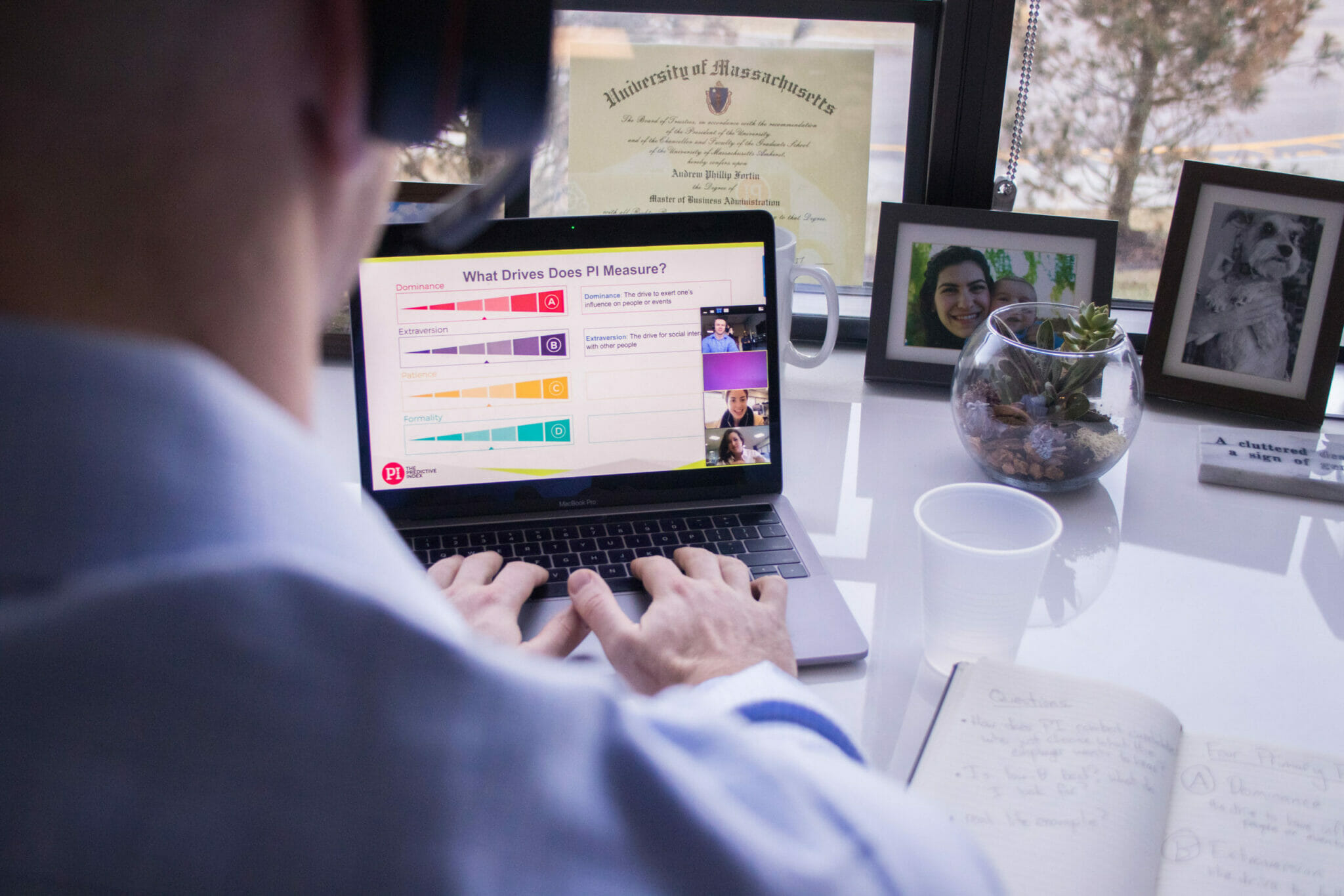At PI, we are constantly investigating what predictors (behavioral traits, skills, cognitive abilities) are most indicative of success in various job roles. In some cases, very specific predictors are related to very specific roles; in other cases, more general predictors prove to be successful across a wide spectrum of jobs.
Increasingly, psychologists in the field of positive psychology (the study of values, strengths, virtues, and/or talents) are finding a surplus of advantages associated with one (often overlooked) predictor: happiness!
The advantages of a happy brain
The advantages of a “happy” brain are abundant.
As early as the 1980s, researchers began to identify relationships between mood and performance. In 2004, it was found that participants who wrote out intensely positive experiences for three consecutive days visited health centers less for illness. A year later, positive emotions were found to be associated with increased attention, life satisfaction, and other successful outcomes.
More specific to the workplace, polls have shown that unhappy workers tend to take more sick days. And in 2011, Shawn Achor, a rising star in the field of positive psychology, outlined just how impressive a “happy” brain can be in a TED talk:
“Your brain at positive performs significantly better … your intelligence rises, your creativity rises, your energy levels rise … your brain is 31% more productive than your brain at negative, neutral, or stressed.”
Workplace happiness fuels success
Achor’s book, The Happiness Advantage, suggests that the current formula underlying most of our managing styles is fundamentally broken. Instead of “If I work harder, I’ll be more successful … and if I’m more successful, then I’ll be happier,” Achor posits that we need to reverse the formula and realize that happiness actually fuels success.
PI enthusiasts are quick to point out a number of benefits of the PI methodology system (reduced subjectivity, better hires, higher levels of performance); however, perhaps at much of the heart of PI are benefits associated with happiness.
Employers are happier when they have more confidence in their hiring and development methodology, and employees are happier when they are coached and presented with opportunities in line with their behavioral traits. Using PI methodology, organizations have the potential to produce happier employees and thus help their employees unlock greater life satisfaction, health benefits, energy, and focus.
Join 10,000 companies solving the most complex people problems with PI.
Hire the right people, inspire their best work, design dream teams, and sustain engagement for the long haul.








